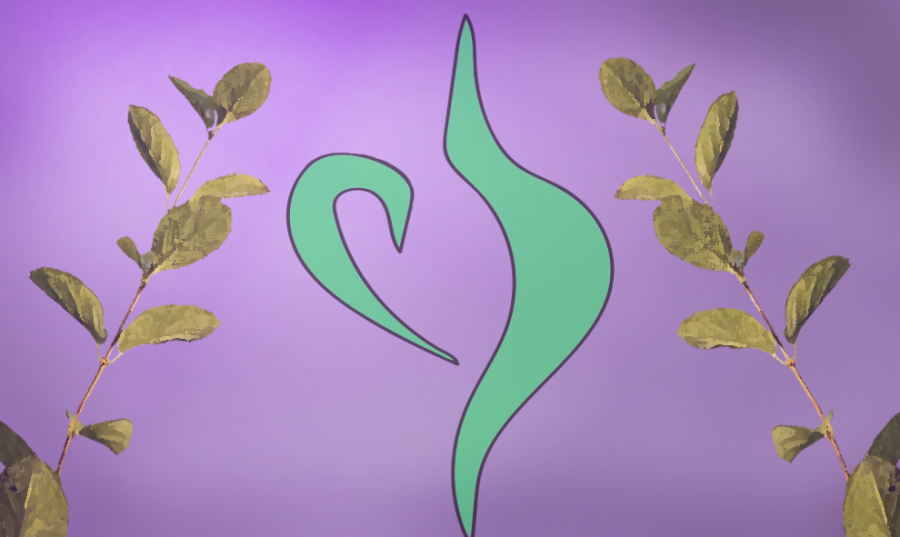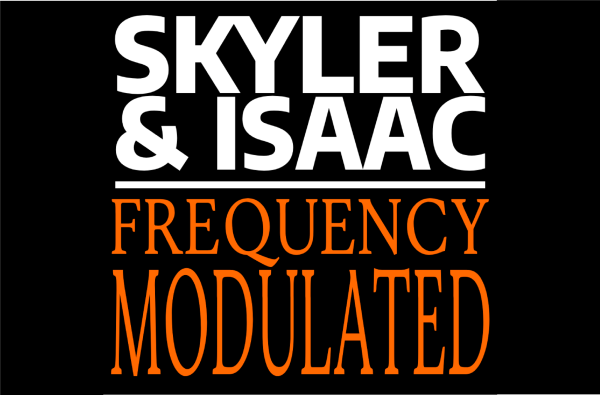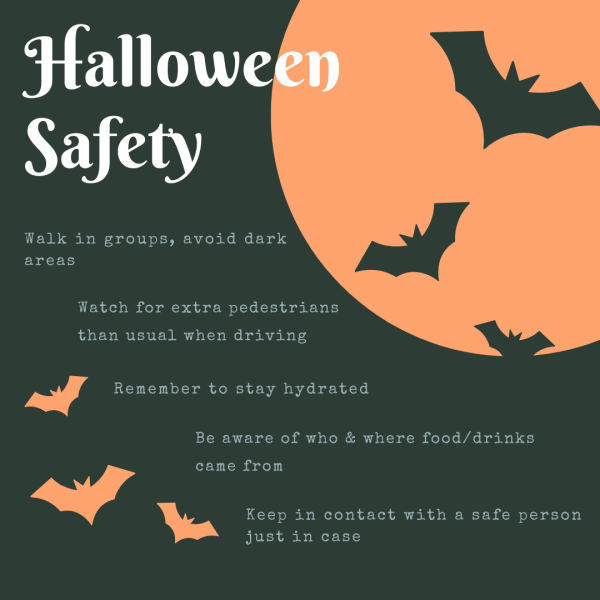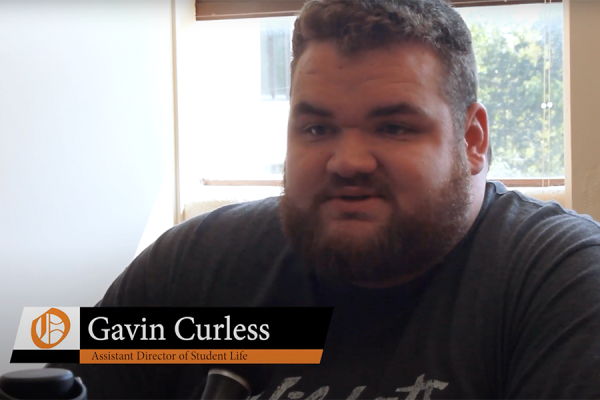Baker needs more eating disorder resources
The logo of the National Eating Disorders Association (NEDA), which is a stylized heart.
After 10 hours of phone interviews, dangerously low food intake and body weight, and a full-coverage insurance plan, I had finally qualified to enter the treatment center that would save my life. Yet still I had to wait two weeks until I could drive to Tulsa, Oklahoma and join 16 other women in recovery.
The women and men who are accepted into eating disorder facilities must meet certain criteria to have the chance to participate in programming. Those struggling don’t simply walk into inpatient centers and start therapy. They are put through rigorous questioning, and once they are admitted, the financial burden put on those loved ones is unbelievable. I sat and watched my mom, even with comprehensive health insurance, shell out $4,000 for one month of treatment.
Now, I want you to close your eyes and count to 62. One person has just died as a direct result of their eating disorder. Bulimia, anorexia nervosa and binge eating disorders make up the mental illnesses with the highest mortality rate. It is an impending death sentence.
One in 10 Americans suffer from an eating disorder, yet less than 10 percent of those suffering seek help. While these statistics may lead someone to assume people with eating disorders don’t want to get better, this is far from the truth. The resources, education and awareness surrounding this life-threatening mental health crisis are minimal and scarce.
With National Eating Disorder Awareness week coming to an end, I can’t help but notice the lack of the usual sidewalk chalk, union tables or sidewalk posters on campus. Baker University tends to be an overwhelmingly progressive campus.
However, there seems to be little to no organized support or resources surrounding body image, self-esteem or unattainable beauty standards—much less eating disorders.
It takes sorority houses to spark these conversations, but they are still just brushed over with a statistic here, or a celebrity anecdote there. We have a substance abuse counselor, a cultural diversity director and a Total Equality Alliance club; we certainly address societal issues. Yet, this enormous issue, this mental health crisis, is going totally unnoticed.
We have had students pass out of dehydration and malnutrition in Mabee and we have had students so sick that they leave Baker for inpatient treatment. I don’t want another man or woman on campus to feel alone, scared or unsure of what to do next. We need to let out peers know we hear them, we understand and we want to help.
Baker needs to start a conversation. We need to talk about eating disorders. I want to be able to hold my breath for one minute without someone dying from this monster. If that’s going to happen, something needs to change. Yes, it’s uncomfortable to tell people I used to starve myself, and to this day I find myself embarrassed to be admittedly open with my struggles with anorexia. But if I won’t, I truly wonder who will.







